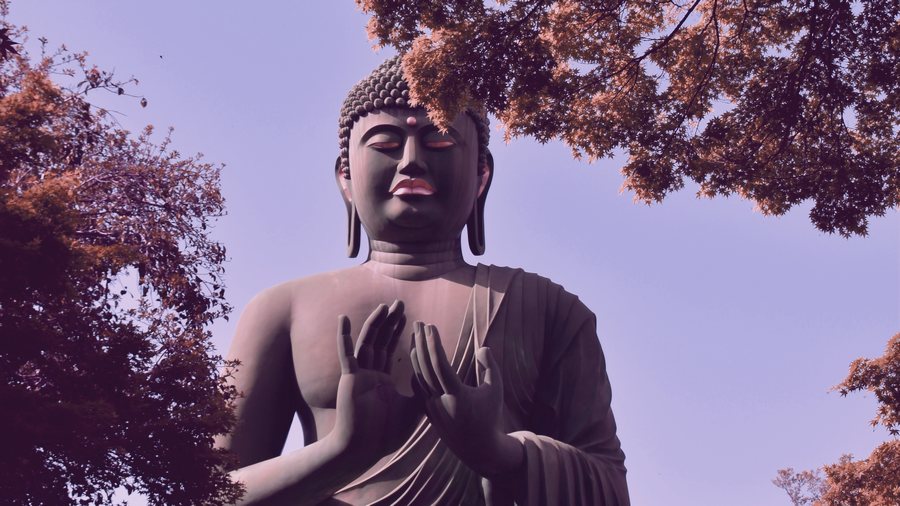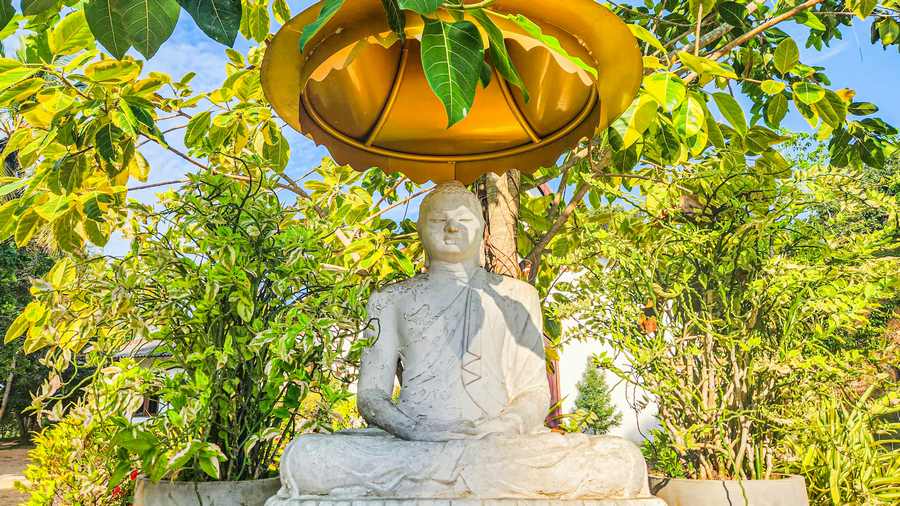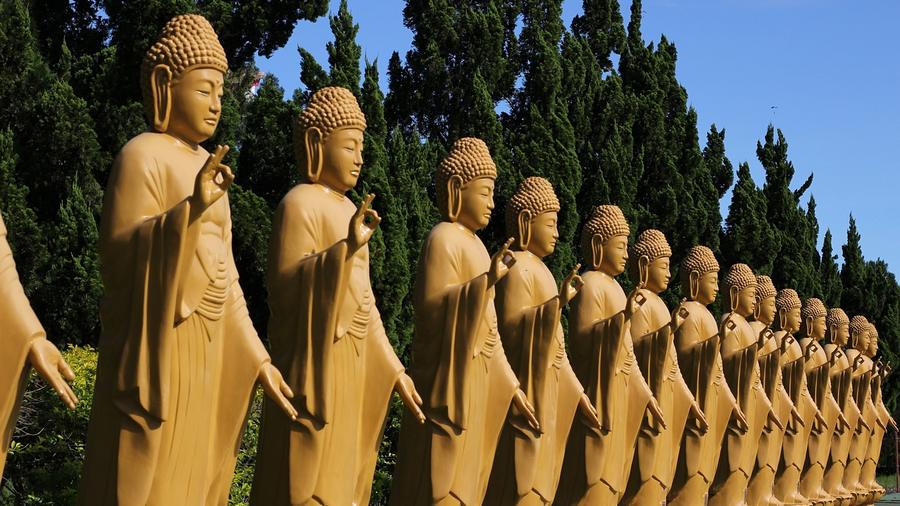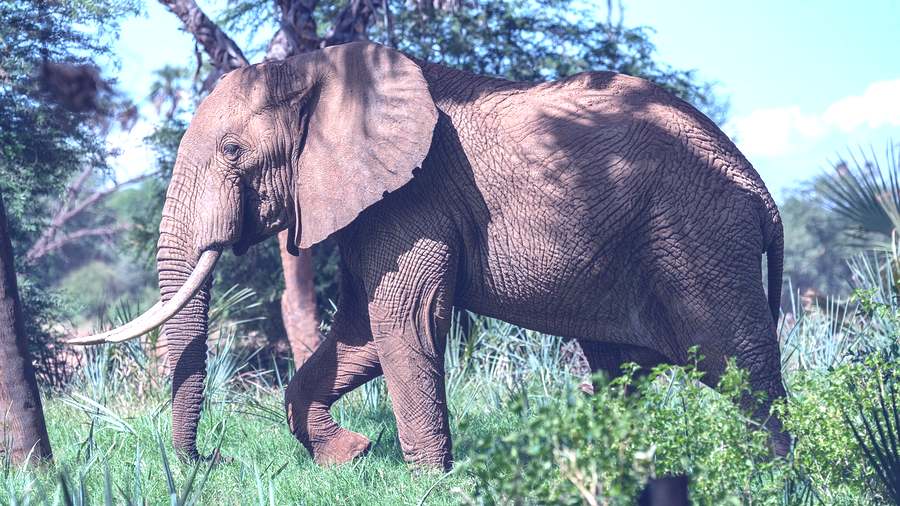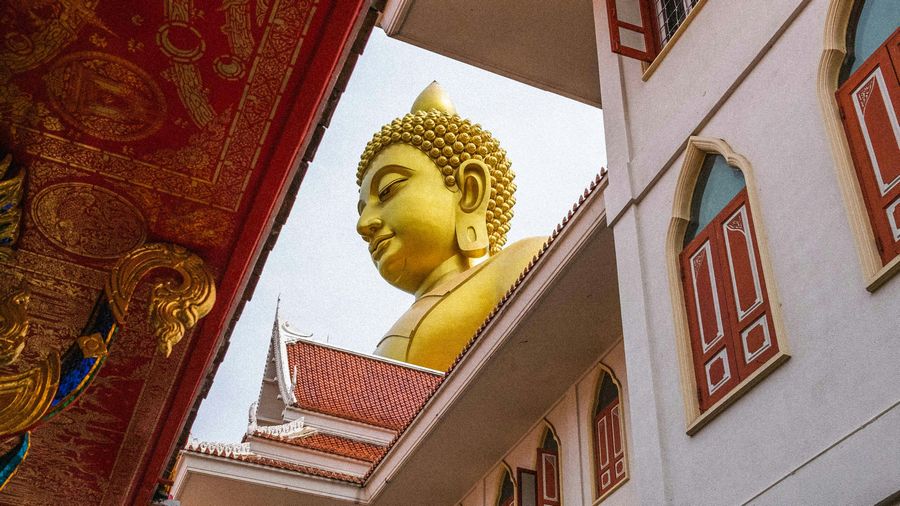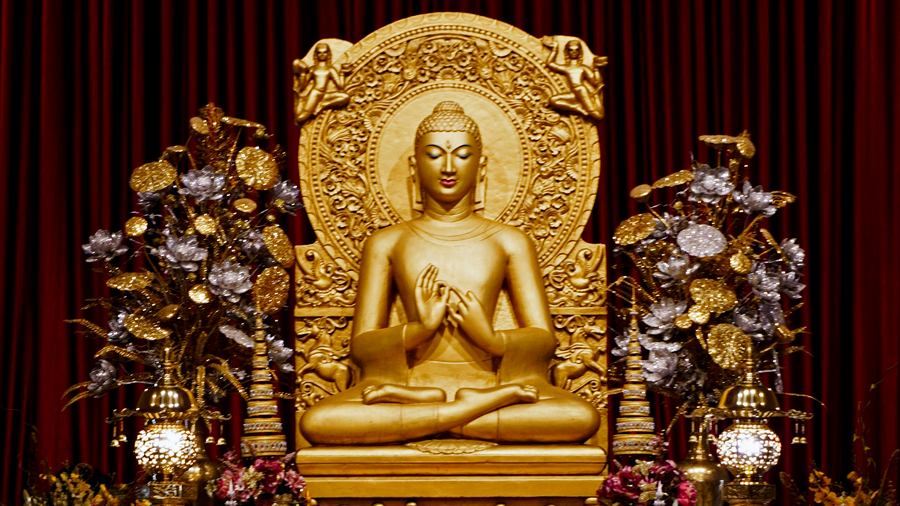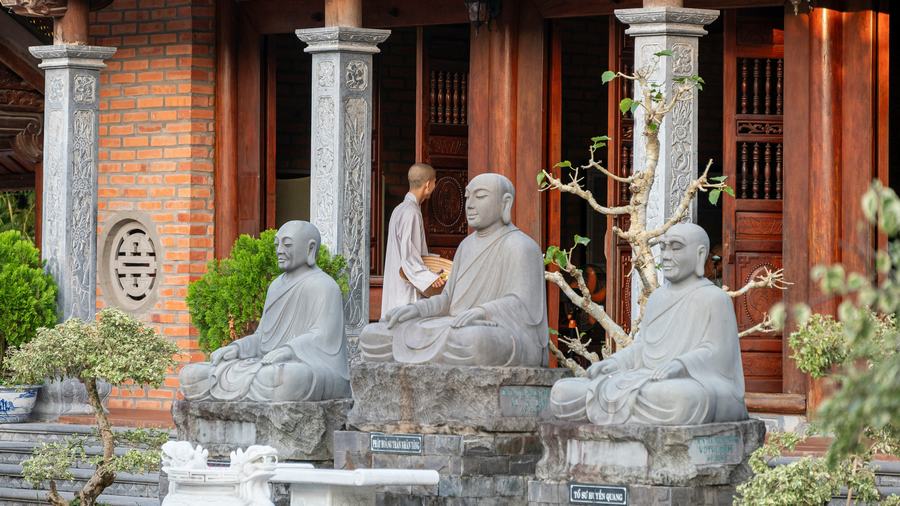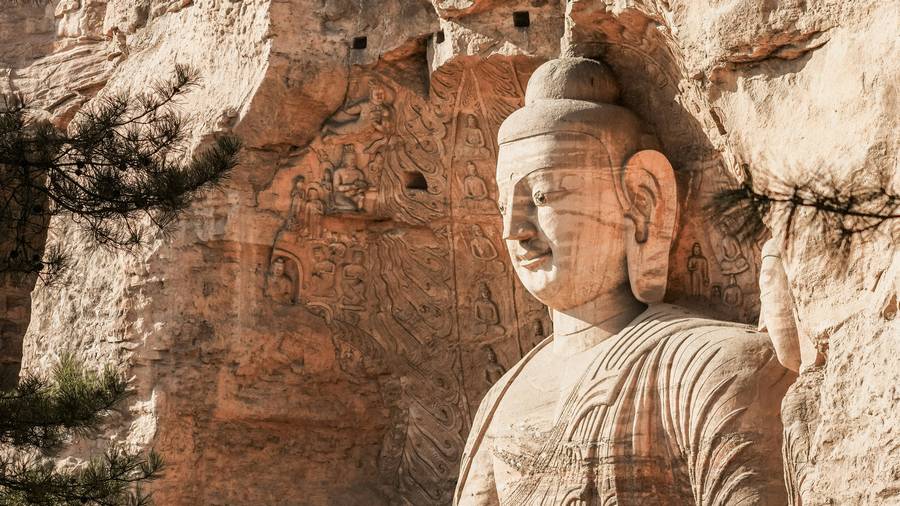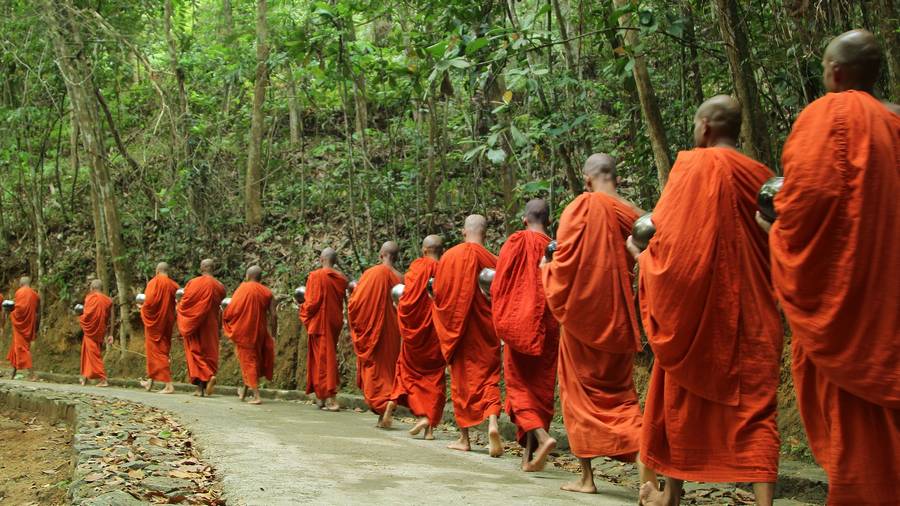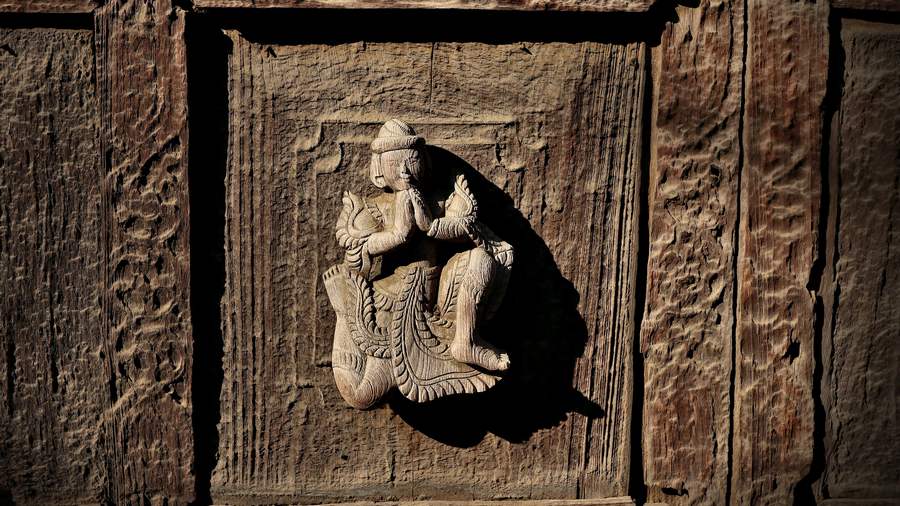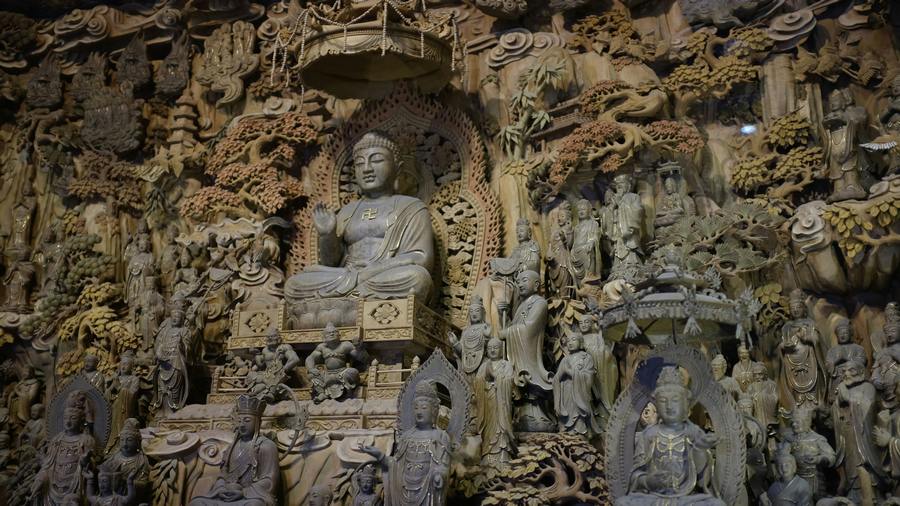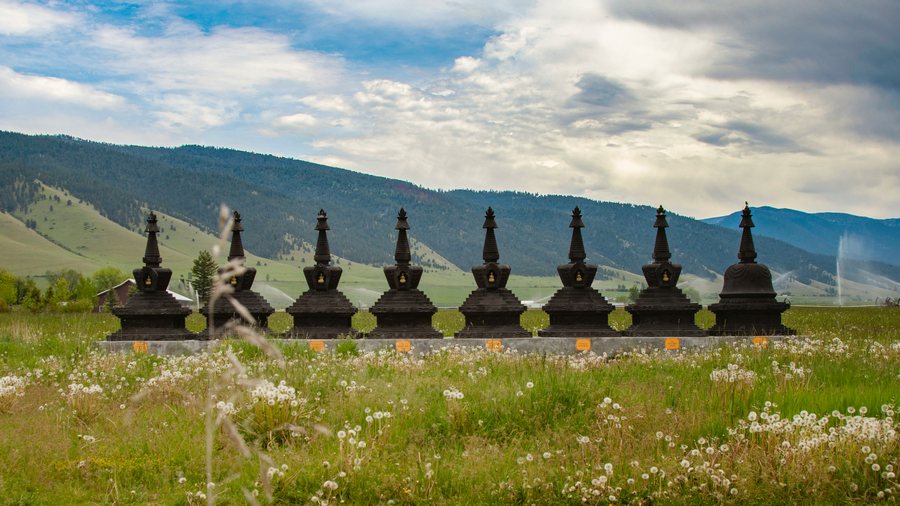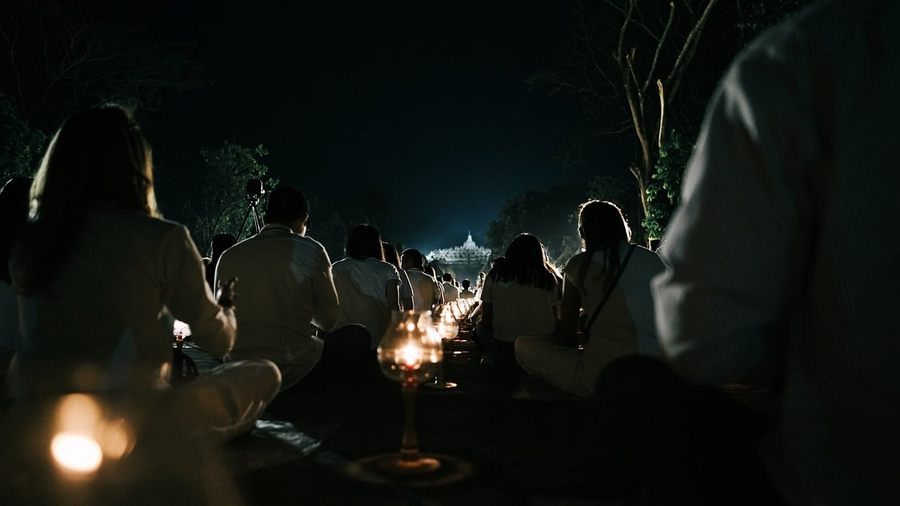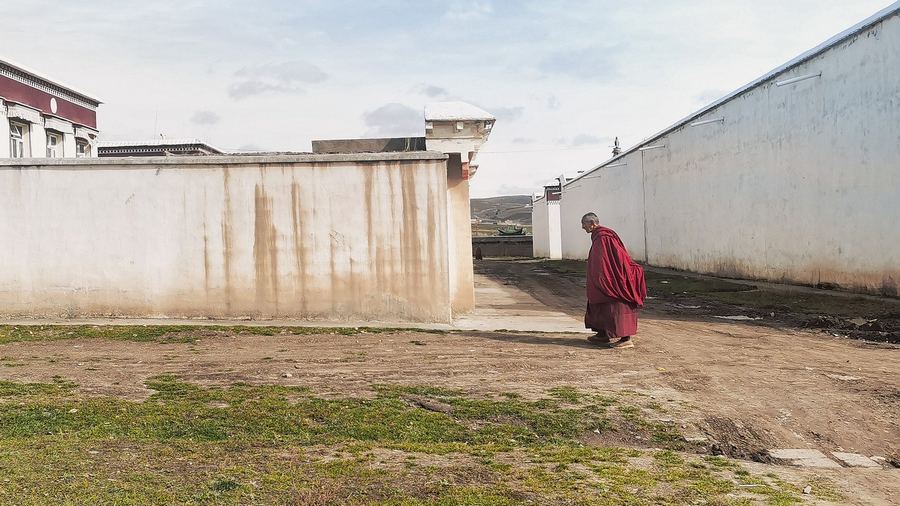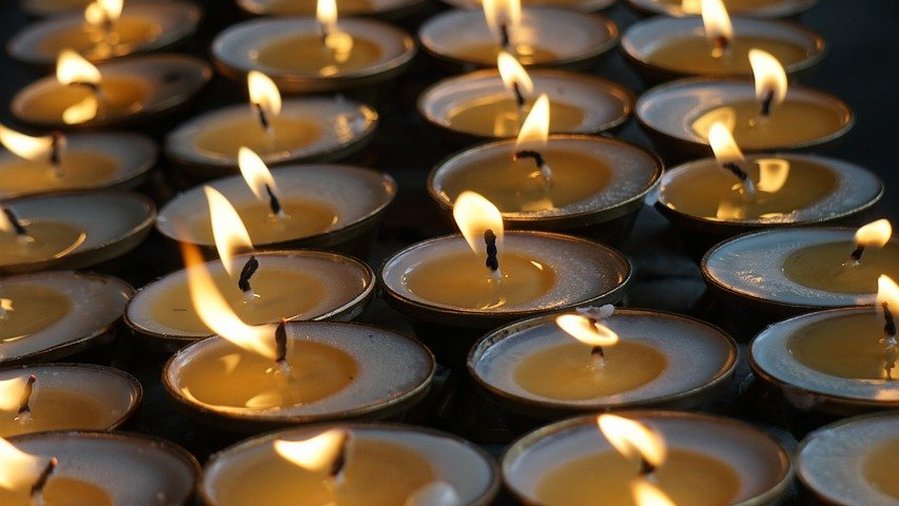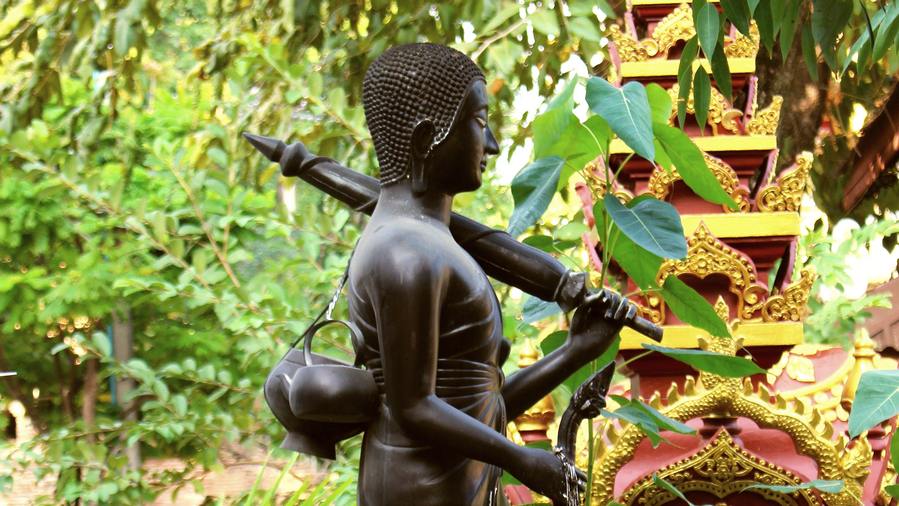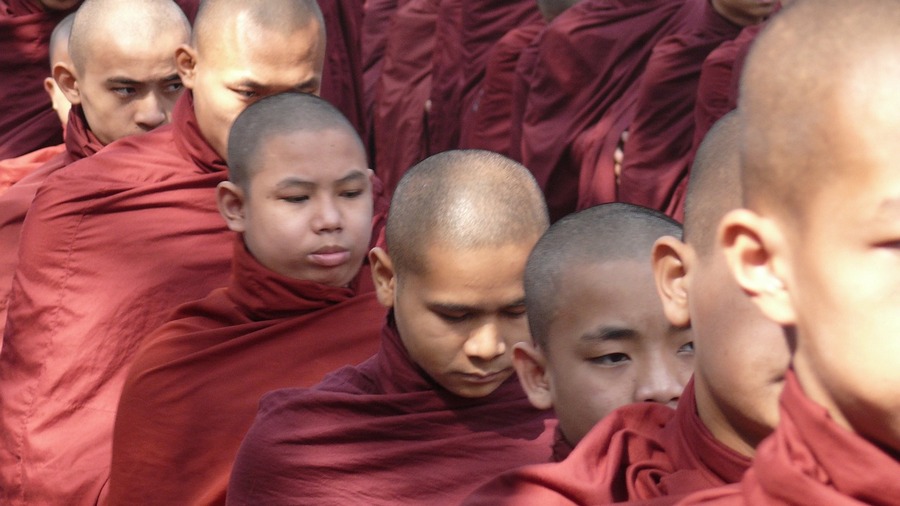[Note: Today’s sutta is much longer and a bit more technical than usual, but it’s one of the few detailed accounts of the process leading to enlightenment by a disciple. It recounts all of the stages of meditation that Ven. Sāriputta went through on his way to become an arahant.]
So I have heard. At one time the Buddha was staying near Sāvatthī in Jeta’s Grove, Anāthapiṇḍika’s monastery. There the Buddha addressed the mendicants, “Mendicants!”
“Venerable sir,” they replied. The Buddha said this:
“Sāriputta is astute, mendicants. He has great wisdom, widespread wisdom, laughing wisdom, swift wisdom, sharp wisdom, and penetrating wisdom. For a fortnight he practiced discernment of phenomena one by one. And this is how he did it.
Quite secluded from sensual pleasures, secluded from unskillful qualities, he entered and remained in the first absorption, which has the rapture and bliss born of seclusion, while placing the mind and keeping it connected. And he distinguished the phenomena in the first absorption one by one: placing and keeping and rapture and bliss and unification of mind; contact, feeling, perception, intention, mind, enthusiasm, decision, energy, mindfulness, equanimity, and application of mind. He knew those phenomena as they arose, as they remained, and as they went away. He understood: ‘So it seems that these phenomena, not having been, come to be; and having come to be, they flit away.’ And he meditated without attraction or repulsion for those phenomena; independent, untied, liberated, detached, his mind free of limits. He understood: ‘There is an escape beyond.’ And by repeated practice he knew for sure that there is.
Furthermore, as the placing of the mind and keeping it connected were stilled, he entered and remained in the second absorption, which has the rapture and bliss born of immersion, with internal clarity and mind at one, without placing the mind and keeping it connected.
And he distinguished the phenomena in the second absorption one by one: internal confidence and rapture and bliss and unification of mind; contact, feeling, perception, intention, mind, enthusiasm, decision, energy, mindfulness, equanimity, and application of mind. He knew those phenomena as they arose, as they remained, and as they went away. He understood: ‘So it seems that these phenomena, not having been, come to be; and having come to be, they flit away.’ And he meditated without attraction or repulsion for those phenomena; independent, untied, liberated, detached, his mind free of limits. He understood: ‘There is an escape beyond.’ And by repeated practice he knew for sure that there is.
Furthermore, with the fading away of rapture, he entered and remained in the third absorption, where he meditated with equanimity, mindful and aware, personally experiencing the bliss of which the noble ones declare, ‘Equanimous and mindful, one meditates in bliss.’
And he distinguished the phenomena in the third absorption one by one: bliss and mindfulness and awareness and unification of mind; contact, feeling, perception, intention, mind, enthusiasm, decision, energy, mindfulness, equanimity, and application of mind. He knew those phenomena as they arose, as they remained, and as they went away. He understood: ‘So it seems that these phenomena, not having been, come to be; and having come to be, they flit away.’ And he meditated without attraction or repulsion for those phenomena; independent, untied, liberated, detached, his mind free of limits. He understood: ‘There is an escape beyond.’ And by repeated practice he knew for sure that there is.
Furthermore, with the giving up of pleasure and pain, and the ending of former happiness and sadness, he entered and remained in the fourth absorption, without pleasure or pain, with pure equanimity and mindfulness.
And he distinguished the phenomena in the fourth absorption one by one: equanimity and neutral feeling and mental unconcern due to tranquility and pure mindfulness and unification of mind; contact, feeling, perception, intention, mind, enthusiasm, decision, energy, mindfulness, equanimity, and application of mind. He knew those phenomena as they arose, as they remained, and as they went away. He understood: ‘So it seems that these phenomena, not having been, come to be; and having come to be, they flit away.’ And he meditated without attraction or repulsion for those phenomena; independent, untied, liberated, detached, his mind free of limits. He understood: ‘There is an escape beyond.’ And by repeated practice he knew for sure that there is.
Furthermore, going totally beyond perceptions of form, with the ending of perceptions of impingement, not focusing on perceptions of diversity, aware that ‘space is infinite’, he entered and remained in the dimension of infinite space.
And he distinguished the phenomena in the dimension of infinite space one by one: the perception of the dimension of infinite space and unification of mind; contact, feeling, perception, intention, mind, enthusiasm, decision, energy, mindfulness, equanimity, and application of mind. He knew those phenomena as they arose, as they remained, and as they went away. He understood: ‘So it seems that these phenomena, not having been, come to be; and having come to be, they flit away.’ And he meditated without attraction or repulsion for those phenomena; independent, untied, liberated, detached, his mind free of limits. He understood: ‘There is an escape beyond.’ And by repeated practice he knew for sure that there is.
Furthermore, going totally beyond the dimension of infinite space, aware that ‘consciousness is infinite’, he entered and remained in the dimension of infinite consciousness.
And he distinguished the phenomena in the dimension of infinite consciousness one by one: the perception of the dimension of infinite consciousness and unification of mind; contact, feeling, perception, intention, mind, enthusiasm, decision, energy, mindfulness, equanimity, and application of mind. He knew those phenomena as they arose, as they remained, and as they went away. He understood: ‘So it seems that these phenomena, not having been, come to be; and having come to be, they flit away.’ And he meditated without attraction or repulsion for those phenomena; independent, untied, liberated, detached, his mind free of limits. He understood: ‘There is an escape beyond.’ And by repeated practice he knew for sure that there is.
Furthermore, going totally beyond the dimension of infinite consciousness, aware that ‘there is nothing at all’, he entered and remained in the dimension of nothingness.
And he distinguished the phenomena in the dimension of nothingness one by one: the perception of the dimension of nothingness and unification of mind; contact, feeling, perception, intention, mind, enthusiasm, decision, energy, mindfulness, equanimity, and application of mind. He knew those phenomena as they arose, as they remained, and as they went away. He understood: ‘So it seems that these phenomena, not having been, come to be; and having come to be, they flit away.’ And he meditated without attraction or repulsion for those phenomena; independent, untied, liberated, detached, his mind free of limits. He understood: ‘There is an escape beyond.’ And by repeated practice he knew for sure that there is.
Furthermore, going totally beyond the dimension of nothingness, he entered and remained in the dimension of neither perception nor non-perception.
And he emerged from that attainment with mindfulness. Then he contemplated the phenomena in that attainment that had passed, ceased, and perished: ‘So it seems that these phenomena, not having been, come to be; and having come to be, they flit away.’ And he meditated without attraction or repulsion for those phenomena; independent, untied, liberated, detached, his mind free of limits. He understood: ‘There is an escape beyond.’ And by repeated practice he knew for sure that there is.
Furthermore, going totally beyond the dimension of neither perception nor non-perception, he entered and remained in the cessation of perception and feeling. And, having seen with wisdom, his defilements came to an end.
And he emerged from that attainment with mindfulness. Then he contemplated the phenomena in that attainment that had passed, ceased, and perished: ‘So it seems that these phenomena, not having been, come to be; and having come to be, they flit away.’ And he meditated without attraction or repulsion for those phenomena; independent, untied, liberated, detached, his mind free of limits. He understood: ‘There is no escape beyond.’ And by repeated practice he knew for sure that there is not.
And if there’s anyone of whom it may be rightly said that they have attained mastery and perfection in noble ethics, immersion, wisdom, and freedom, it’s Sāriputta.
And if there’s anyone of whom it may be rightly said that they’re the Buddha’s true-born child, born from his mouth, born of the teaching, created by the teaching, heir to the teaching, not the heir in things of the flesh, it’s Sāriputta.
Sāriputta rightly keeps rolling the supreme Wheel of Dhamma that was rolled forth by the Realized One.”
That is what the Buddha said. Satisfied, the mendicants approved what the Buddha said.
Read this translation of Majjhima Nikāya 111 Anupadasutta: One by One by Bhikkhu Sujato on SuttaCentral.net. Or read a different translation on SuttaCentral.net or DhammaTalks.org. Or listen on PaliAudio.com or SC-Voice.net. Or explore the Pali on DigitalPaliReader.online.
Or read a translation in বাংলা, Català, Deutsch, Español, हिन्दी, Magyar, Bahasa Indonesia, Italiano, 日本語, 한국어/조선말, မြန်မာဘာသာ, Norsk, Português, Русский, සිංහල, Slovenščina, Srpski, ไทย, Tiếng Việt, or 汉语. Learn how to find your language.

 Copyright: Creative Commons Zero (CC0) To the extent possible under law, Bhikkhu Sujato has waived all copyright and related or neighboring rights to his own translations on
Copyright: Creative Commons Zero (CC0) To the extent possible under law, Bhikkhu Sujato has waived all copyright and related or neighboring rights to his own translations on 